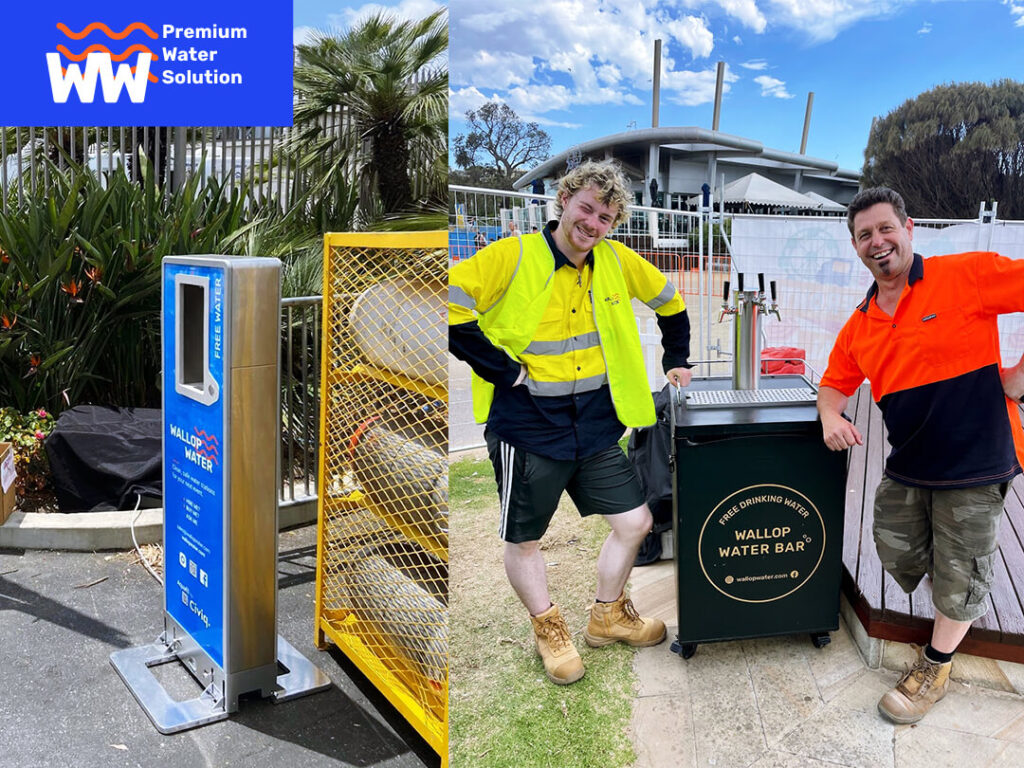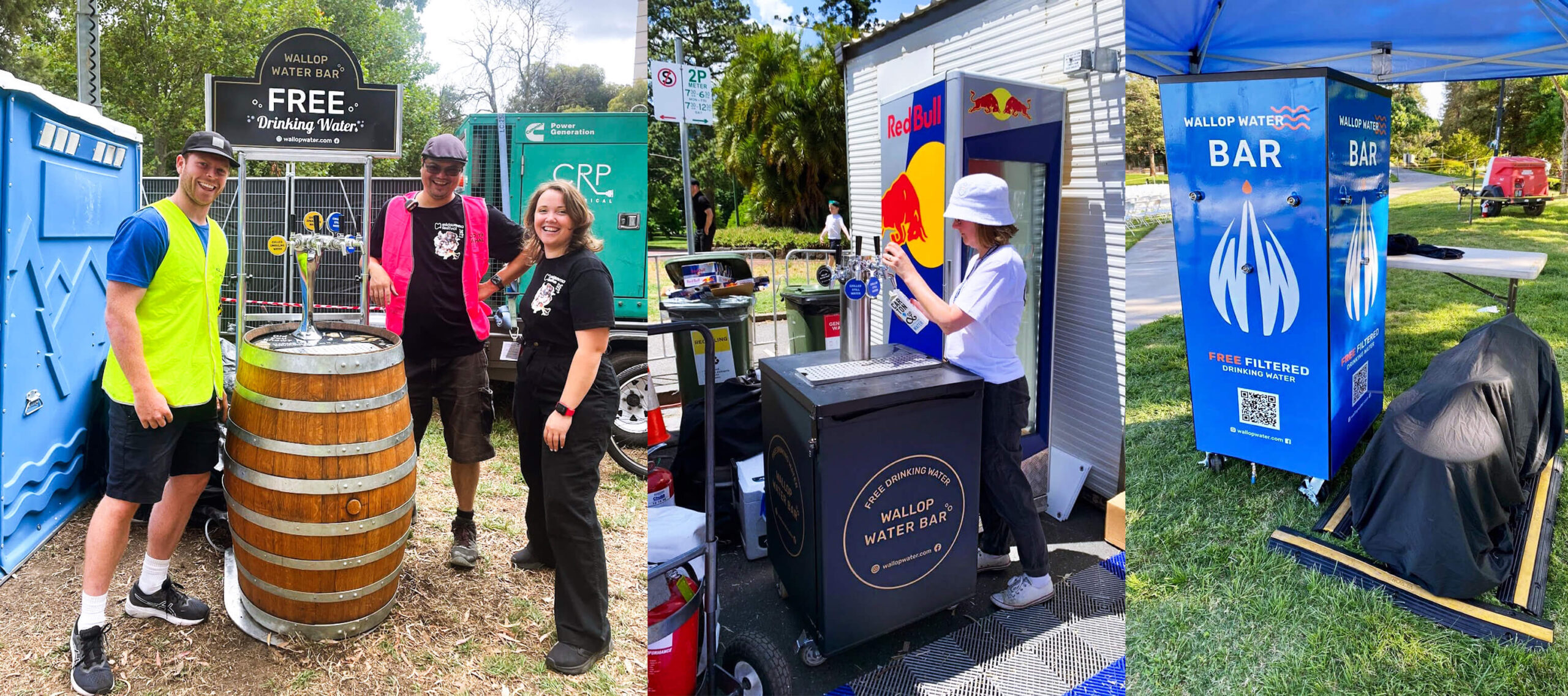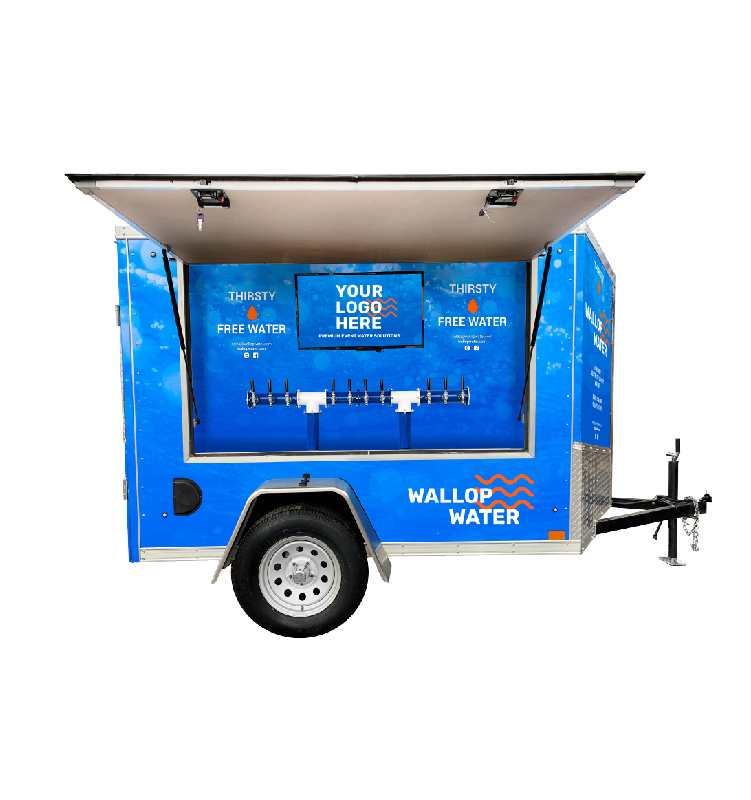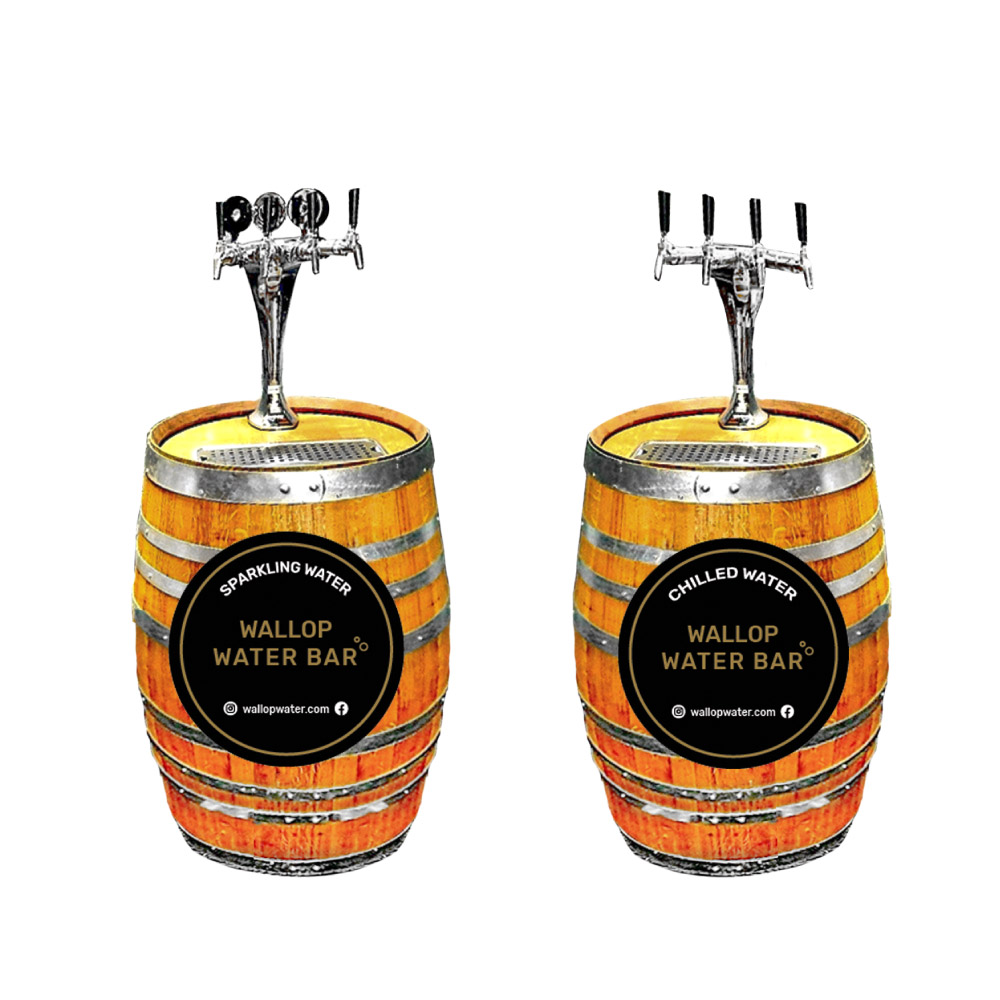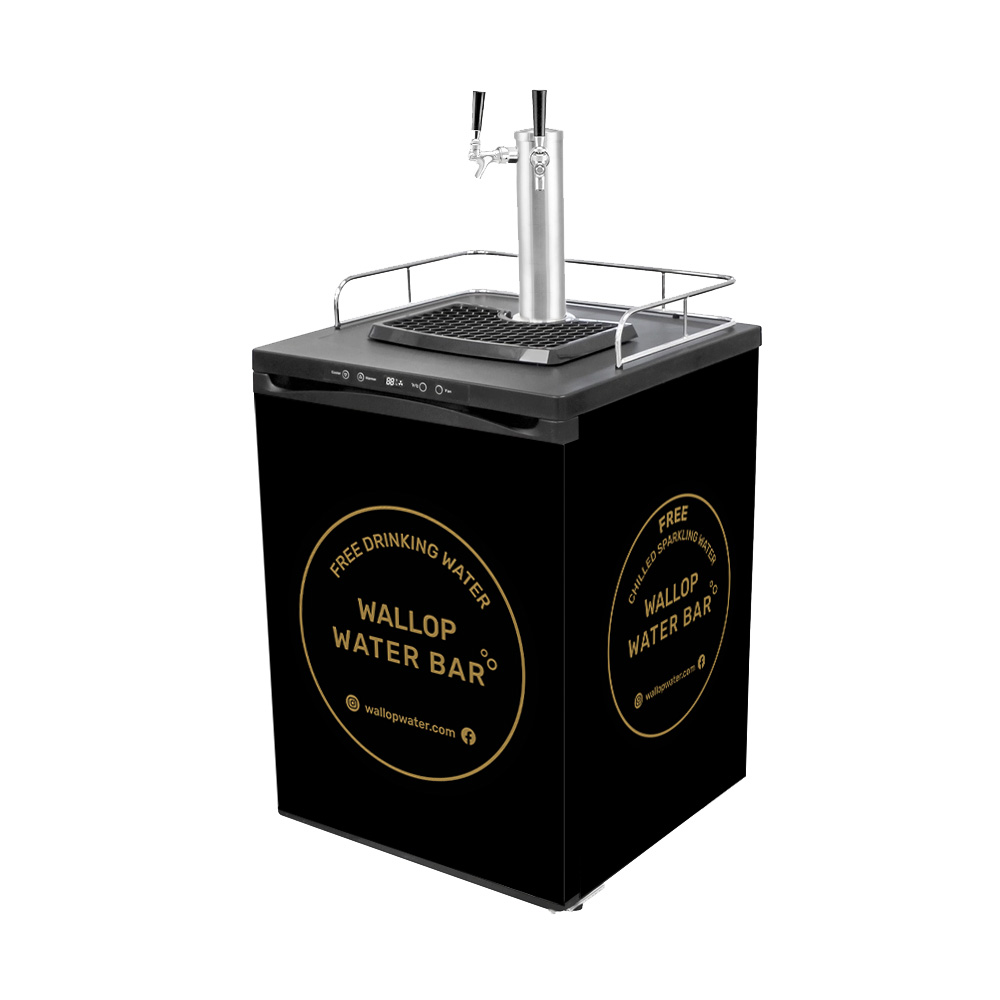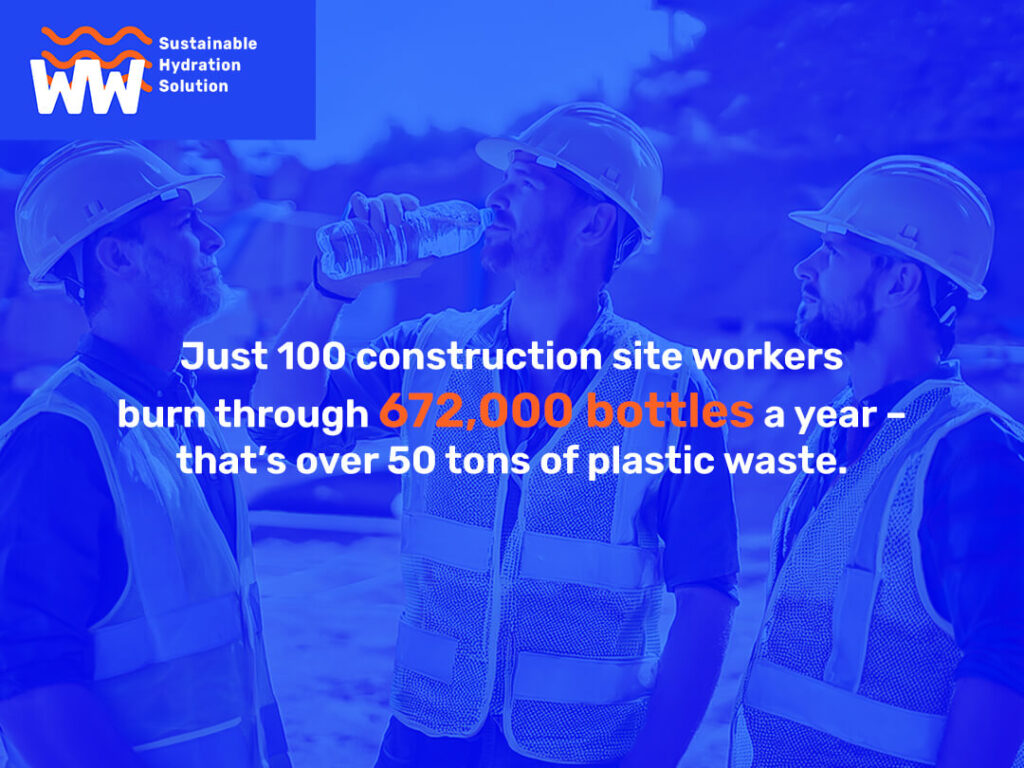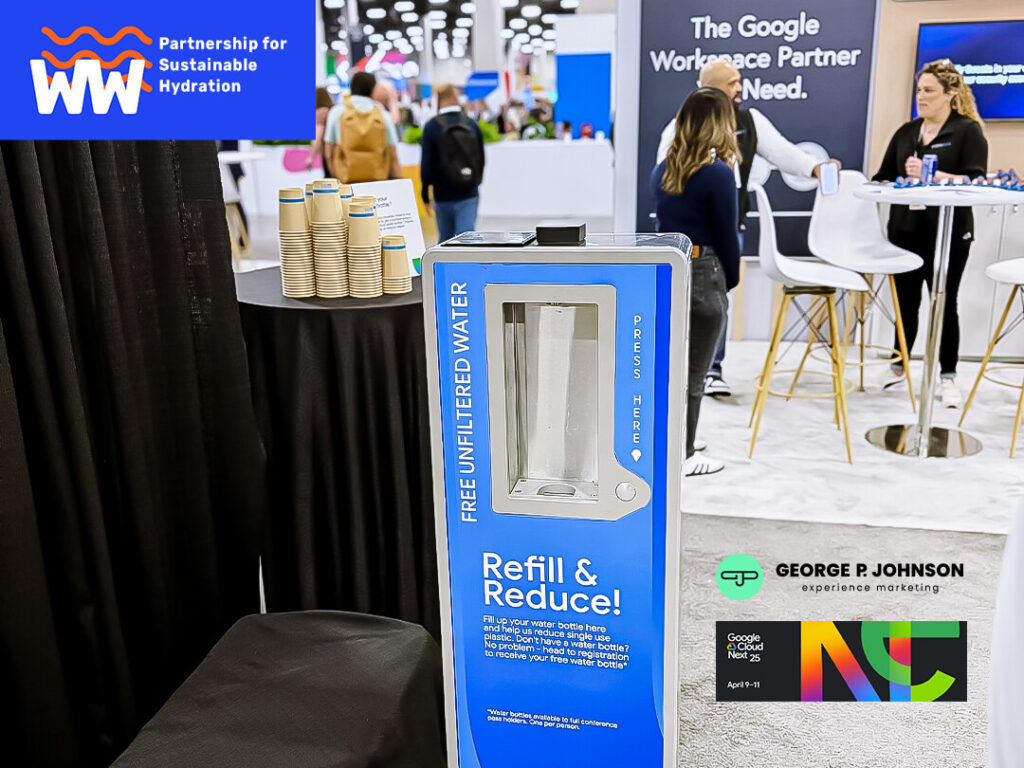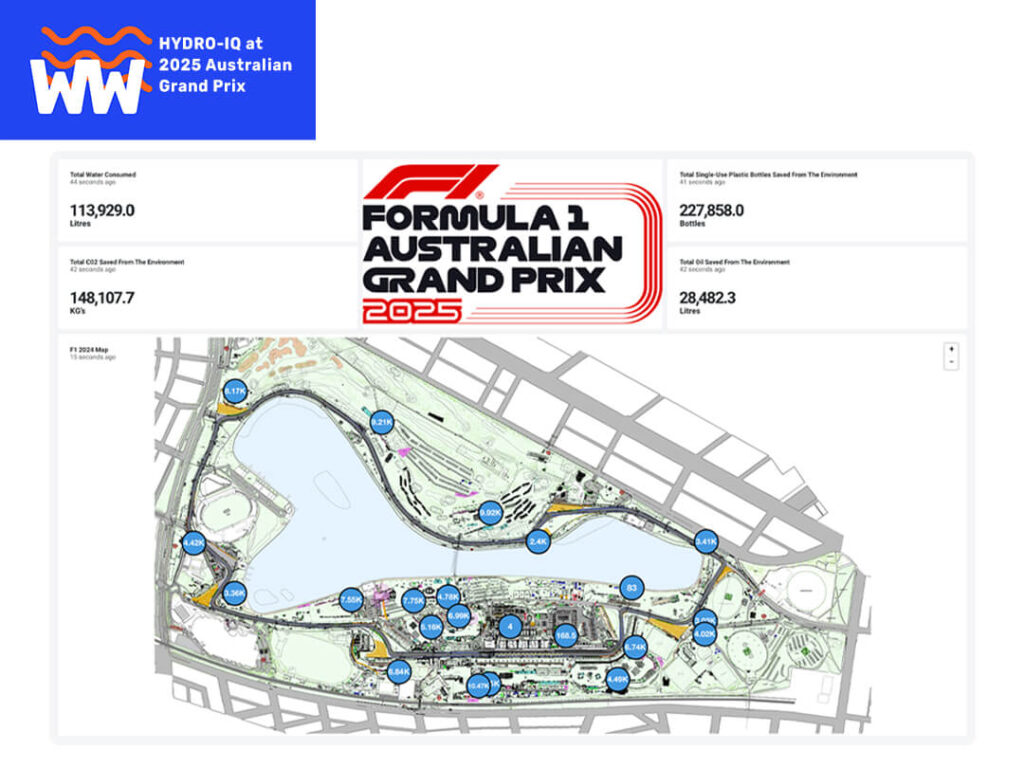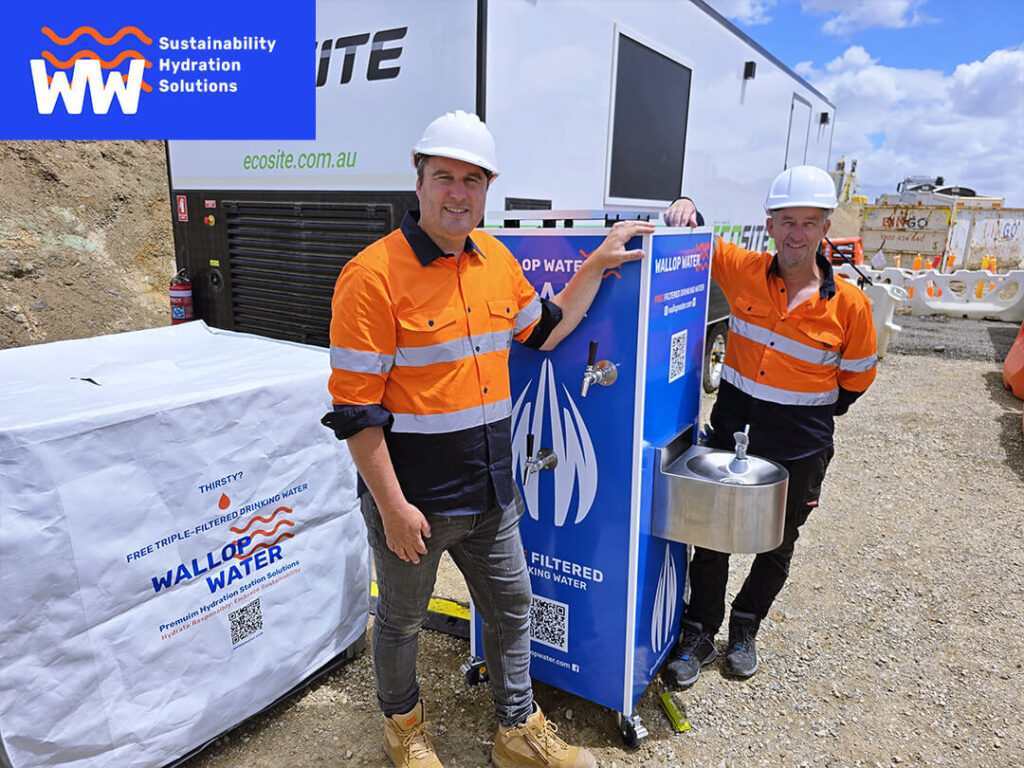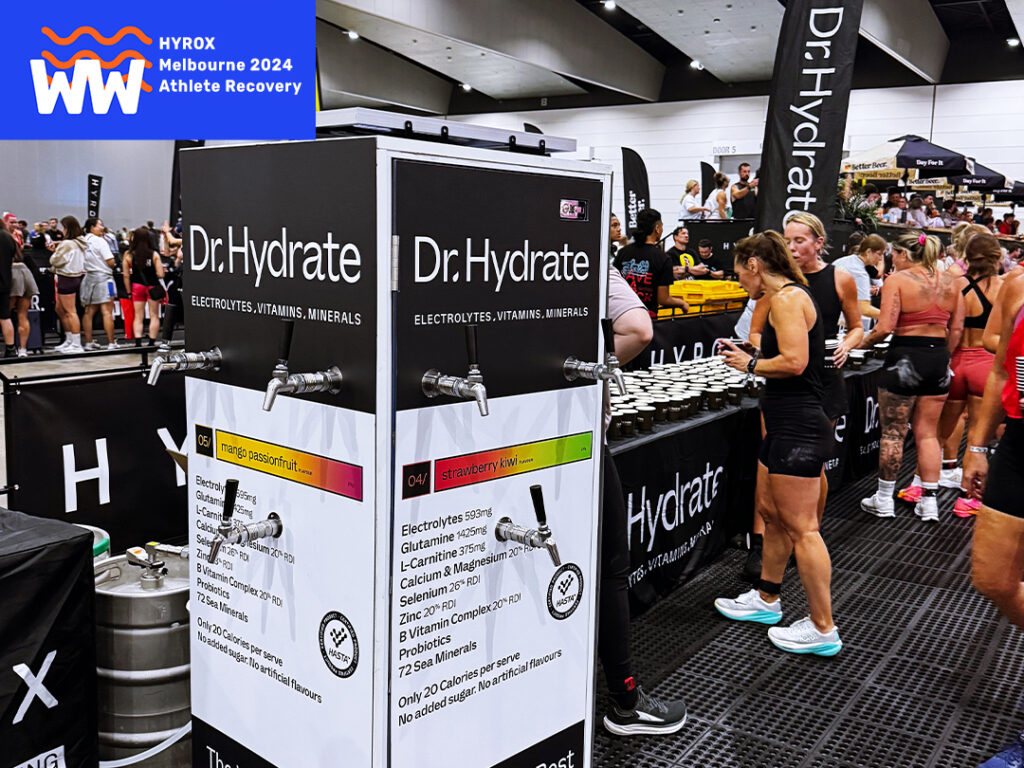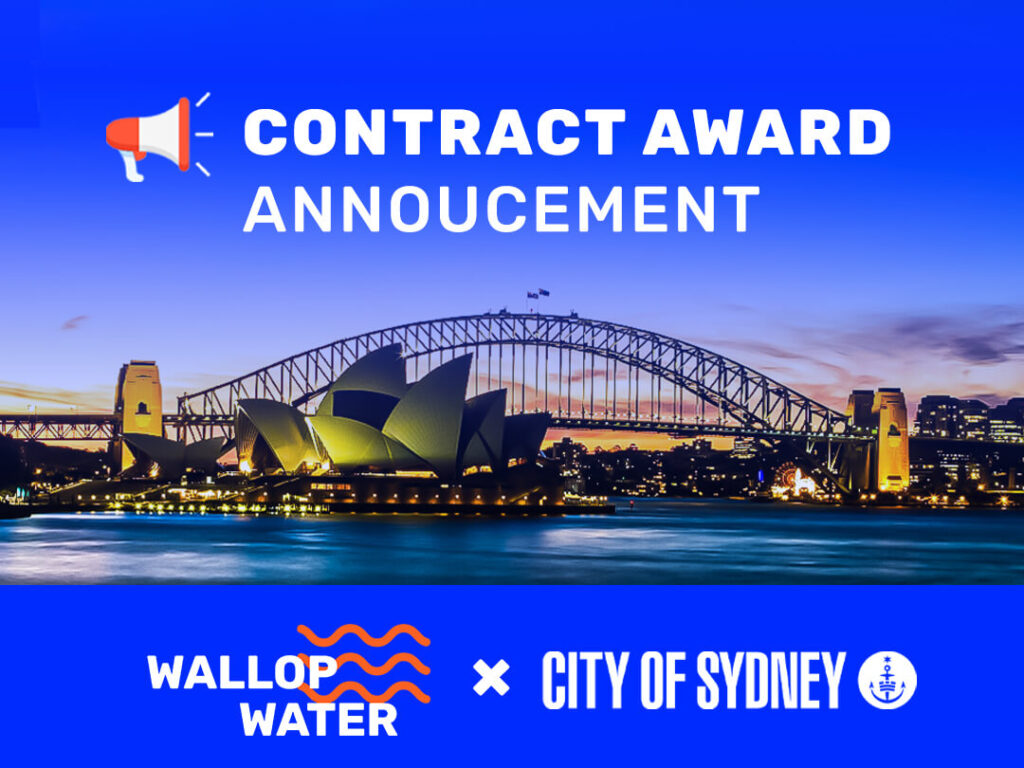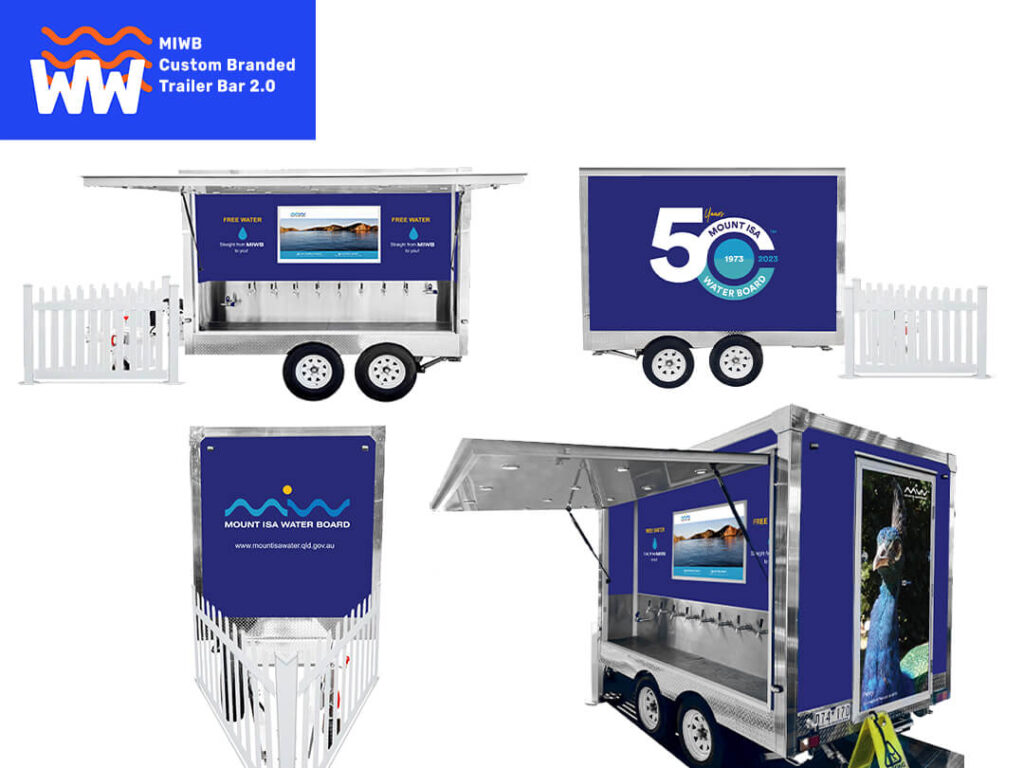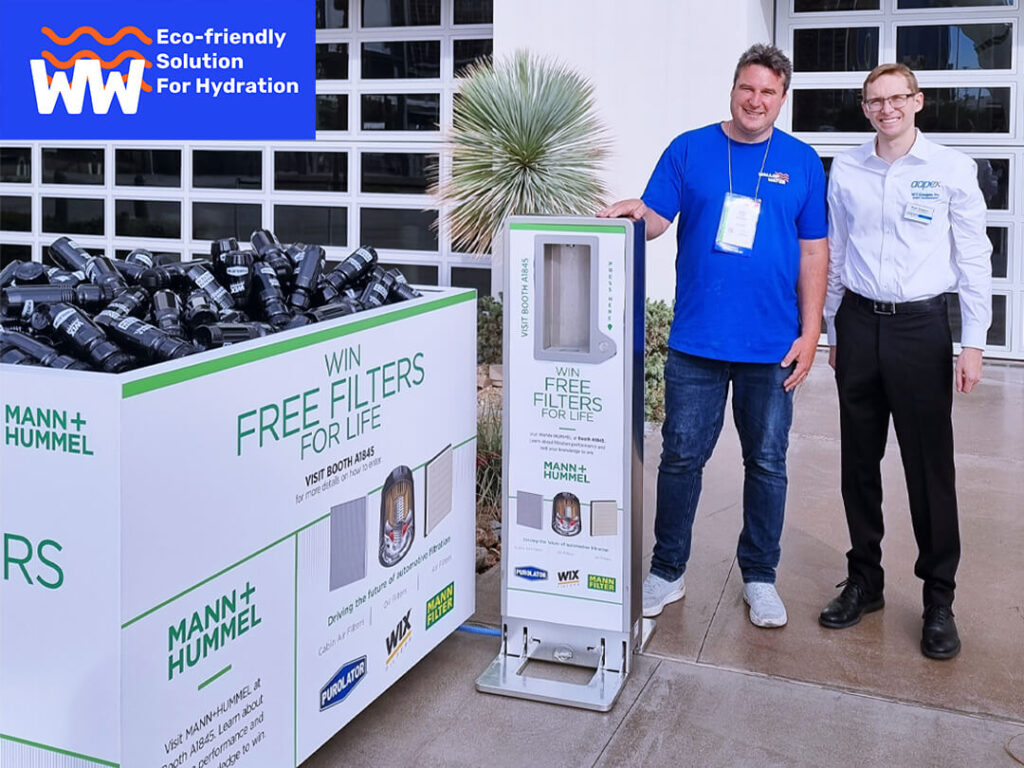Introduction
In today’s fast-paced world, prioritizing hydration is crucial for event patrons, but what about your crew, staff, and volunteers working behind the scenes? Back of House (BOH) staff play a significant role in ensuring smooth operations, and their well-being should be a top priority. In this article, we will explore the importance of hydration for BOH and their challenges and provide actionable strategies to foster a positive change in their hydration behaviour.
Understanding the Challenges
Working in a BOH environment presents unique challenges that can hinder hydration efforts. Long hours, high temperatures, and physically demanding tasks often lead to dehydration. However, creating a healthier work environment is possible with the right hydration stations, awareness, and support.
The Impact of Dehydration
Dehydration can have detrimental effects on an individual’s well-being and productivity. Symptoms may range from mild, such as fatigue and headaches, to severe, including dizziness, confusion, and even heatstroke. By addressing the issue of hydration, event organizers can improve their BOH staff’s overall health and performance.
The Role of Event Organizers
Event Organizers are vital in promoting a culture of hydration at their events. Here are some strategies they can implement:
1. Provide Accessible Hydration Stations
Ensure well-placed hydration stations are throughout the BOH area, serving fresh, chilled, filtered water. This will not only provide the BOH staff with easy access to water but also reduce the reliance on single-use plastic bottles. Event organizers can create a more sustainable environment by encouraging refillable water bottles.
2. Choose Sparkling Water
What a surprise your BOH team will have when they have the option of chilled, sparkling water – this surprise will ensure happy, hydrated, and healthier staff.
3. Educate and Raise Awareness
Regular training sessions should be conducted to educate the BOH staff about the importance of hydration and the risks of dehydration. Raise awareness about the signs of dehydration and emphasize the benefits of maintaining proper hydration levels. Additionally, highlight the environmental benefits of reducing single-use plastic bottles and their positive impact on our planet and your event.
4. Lead by Example
Management should set the tone by prioritizing their hydration and encouraging others to do the same. When the staff sees their superiors practising healthy habits, they are more likely to follow suit. This includes opting for sustainable alternatives such as refillable water bottles and utilizing hydration stations instead of single-use plastic bottles.
The Benefits of Hydration
Proper hydration yields numerous benefits, not only for individuals but also for the overall success of a BOH operation. Here are some advantages to highlight:
1. Enhanced Focus and Productivity
Staying hydrated optimizes cognitive function, leading to improved focus and productivity. A hydrated crew can better handle complex tasks and make sound decisions, ultimately contributing to a more efficient workplace.
2. Reduced Health Risks
Event organizers can reduce their staff’s risk of heat-related illnesses by preventing dehydration. This, in turn, decreases absenteeism, promotes crew well-being, and minimizes healthcare costs.
3. Improved Employee Satisfaction and Retention
Creating a work environment prioritizing the staff’s health and well-being fosters loyalty and job satisfaction. The happy, hydrated crew is likelier to stay with the company, reducing turnover rates and ensuring a skilled and experienced workforce.
4. Environmental Sustainability
By reducing single-use plastic bottles and promoting refillable alternatives, event organizers contribute to reducing plastic waste.
Conclusion
Hydration is crucial to maintaining a healthy and productive workforce, especially for the BOH crew. By implementing effective strategies, providing accessible resources, and empowering individuals, event organizers can positively influence the hydration behaviour of their staff, leading to improved overall performance, well-being, and environmental sustainability.
Remember, the key is to create a supportive environment that values and promotes hydration while considering the impact on our planet. Together, let’s change behaviour for back-of-house hydration and pave the way for a healthier, more sustainable, and highly productive workforce.
